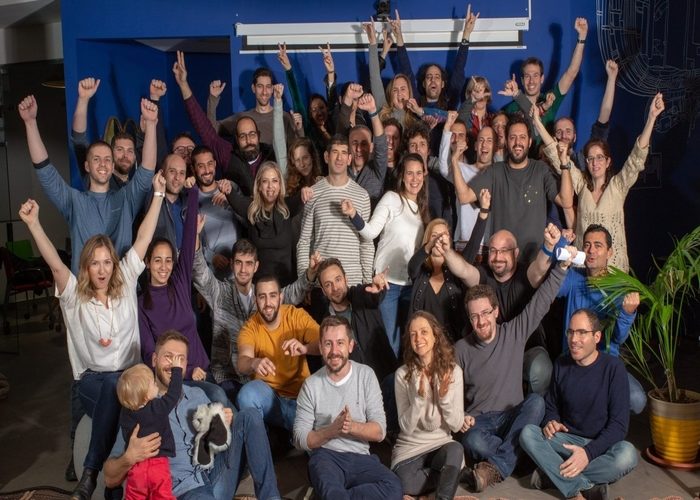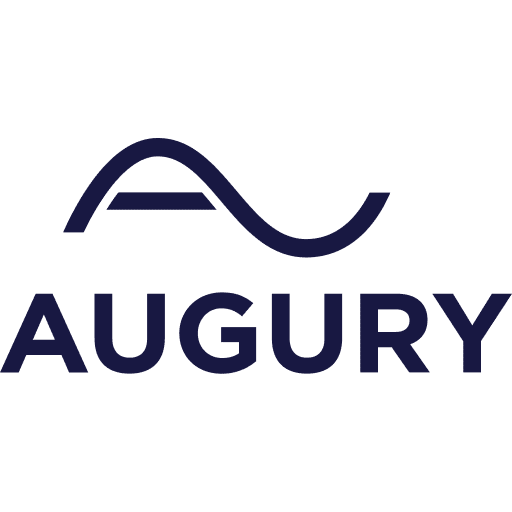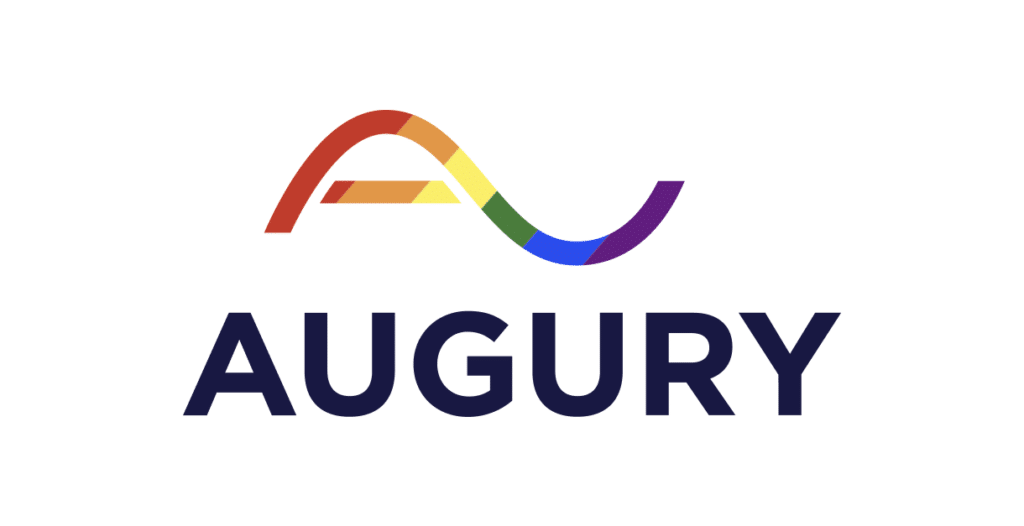
Nelson Ricciardi Parente was two weeks into his new job as VP of Services at Augury when he got a message from the company’s CEO, Saar Yoskovitz saying, “Don’t come to New York. The situation is bad. Stay at home.”
It was March 2020. Ricciardi Parente had been hired to scale up Augury’s services organization which installs the company’s Machine Health solution in the factories of manufacturers like Heineken and Colgate-Palmolive.
In case you’re not yet familiar with the term, Machine Health keeps production lines running by predicting and preventing manufacturing machine failures. This task became more critical as supermarket shelves began to empty. Augury’s sensors capture mechanical data from machines while Machine Learning algorithms diagnose machine malfunctions, explain what caused them and prescribe corrective actions.
Zero Installations = Zero New Revenue
Augury customers started to close access to their sites because of the pandemic. “It was very difficult for the services organization not to panic,” says Ricciardi Parente. “A hundred percent of installations were done by Augury people physically going onsite. Suddenly we were installing zero machines.”
More than an inconvenience, this was an existential threat. Augury is a SaaS company. It charges a yearly fee per machine. Zero installations means zero new revenue.
“The only chance that we had was to teach our customers to do the installation.”
“The pandemic was so disruptive that if we sat down for months discussing the best approach, it would kill us in two quarters,” says Ricciardi Parente. “The only chance that we had was to teach our customers to do the installation.”
Let’s Run. Fast.
Adi Soesan was a product manager at Augury looking for her next move. “You can call me a startup person,” says Soesan. “I was one of the first 20 or 25 people to join Augury. I really like the chaos and creating order from something that is not working.” Not long after Ricciardi Parente was grounded, Soesan saw a Slack message from Augury’s co-founder and CTO Gal Shaul saying that the company could no longer install. “I sent him a message and said ‘I want in’,” says Soesan.
Shaul added Soesan to a task force which had been hastily assembled to tackle the problem. “We had to run very fast,” she says. “I had to take a service and look at it like a product. We’re going to prototype it, test on a customer and then just start iterating.”
Turning Technicians into Trainers
Before Augury installs sensors on machines at a new facility, an Augury field technician goes onsite, gathers machine information and compiles the list of materials required for installation. All those technicians were now grounded. Hands-on field technicians would have to become trainers and guide customers through doing site surveys and installations themselves.
Colgate-Palmolive happened to have some Realware Augmented Reality (AR) glasses for which they had never found a good use. Now their moment had come.
The team built a OneNote notebook for customers, taking them through all the information which had to be gathered for each machine. After the site survey was complete, customers still had to install sensors on machines. Colgate-Palmolive happened to have some Realware Augmented Reality (AR) glasses and we put them to use! Augury technicians guided Colgate employees wearing the glasses through the install in real-time.
A Fields Operations Team
To make remote install as frictionless as possible for customers, the team realized that it had to create a new role – field operations – to take the information from the site survey and do all the behind the scenes work so that all customers had to do was put sensors on machines and scan them. Augury’s platform had to change to support this, so the product team was pulled in too. By the end of May, 600 machines had been installed by customers. The services team’s previous quarterly record was 500 machines.
Ricciardi Parente was already thinking bigger. “I approached Gal and said the most important thing that we have to do right now is to create a training organization,” he says. “Not tomorrow, now. He looked at me and said go ahead immediately.” So Ricciardi Parente hired Rachell Weiss to train services partners all over the world to install Augury’s sensors at local facilities.
Welcome to Augury Academy
Weiss is a former high-school teacher. She has still never visited a manufacturing facility. “I didn’t even know what a bearing was,” laughs Weiss. But she caught on fast and quickly built a self-guided, online training program called Augury Academy.
Her core training techniques are repetition and reinforcement. “You introduce a concept in a video and then you reinforce that concept in written communication and images,” says Weiss. But shooting video of an installation at a real facility was still a problem.” I reached out to a colleague who had a motor in his garage and we zoomed in enough where you couldn’t tell that you’re in front of his barn,” says Weiss.
There was another problem. The training materials were all in English but 70% of partner technicians were in places like Mexico and Germany. English was not their first language. So Weiss subtitled all the videos and translated the course materials into local languages. Over 400 partner technicians on three continents have now been trained by Augury Academy. As local lockdowns lifted, those partners started to install.
“Now if you ask me to install in Antarctica, and there is one person there that is mechanically inclined, I can install. The answer is always yes.”
Fixing the Craziest Challenges
“We doubled to 1200 machines,” says Ricciardi Parente. “Then we went to 1900. Now we’re trying to get to 3000 machines a month. Now if you ask me to install in Antarctica, and there is one person there that is mechanically inclined, I can install. The answer is always yes.”
The panic caused by the pandemic forced the services team to innovate and become much more efficient. Soesan’s role is now service operations, enabling the team to scale up installations as Augury grows. “If we work together – product, services, field – we can make incredible things happen, which is something that you kind of forget as the company grows,” says Soesan.
Ricciardi Parente agrees. “The services team is now not afraid of anything. If Saar says we need to do 10,000 machines per quarter you’re going to look at each other and say we got this, because you were faced with the most crazy challenge and you made it happen.”
Interested in a demonstration? Reach out!






